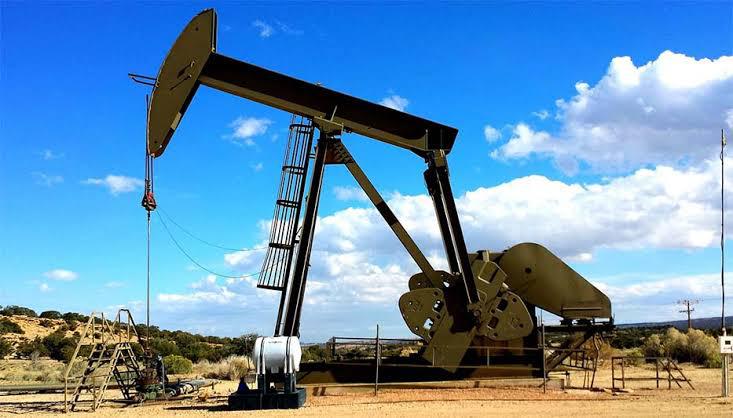Mozambique’s National Petroleum Institute (INP), the industry regulator, announced that five out of six contracts from the sixth tender for hydrocarbon exploration and production have been signed with the oil concessionaires.
“The sixth tender is completely closed; five contracts have already been signed and approved by the government, and the sixth is in the process of being signed and then submitted for approval,” the president of the INP, Nazário Bangalane, told reporters.
Bangalane was speaking after a visit to the works at the plant that will supply natural gas to the Temane Thermal Power Station (CTT), Mozambique’s first gas-fired power station, in Inhambane province, in the south of the country.
The INP president said that the agreements already signed between the Mozambican authorities and the oil companies still need to be approved by the Administrative Court so that exploration operations can begin this year.
“We believe that work will begin this year,” said the president of the hydrocarbons regulator.
The sixth tender for hydrocarbon exploration and production in Mozambique was launched by the government at the end of 2021, galvanized by previous natural gas discoveries in the country, mainly in the Rovuma basin, which holds reserves that are among the largest in the world.
Mozambique has three development projects approved to exploit the natural gas reserves in the Rovuma basin, off the coast of Cabo Delgado.
Two of these projects are larger and involve channeling the gas from the seabed to land, cooling it in a plant, and exporting it by sea in a liquid state.
One is led by TotalEnergies (Area 1 consortium), and work progressed until it was suspended indefinitely after an armed attack on Palma in March 2021, when the French energy company declared that it would only resume work when the area was safe.
The other is the still-unannounced investment led by ExxonMobil and Eni (Area 4 consortium).
A smaller, completed project within the Area 4 consortium involves a floating platform designed to capture and process gas for export directly at sea, which began operations in November 2022.

